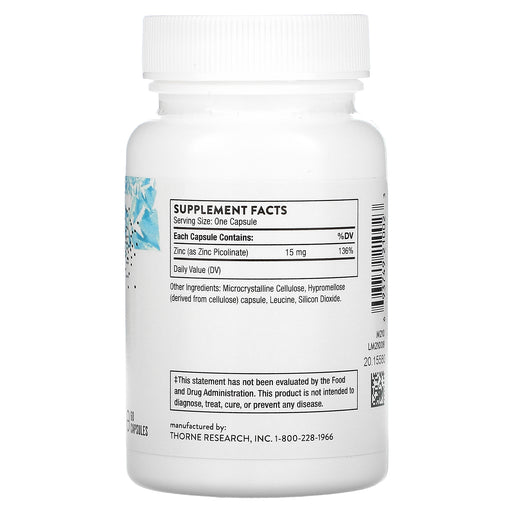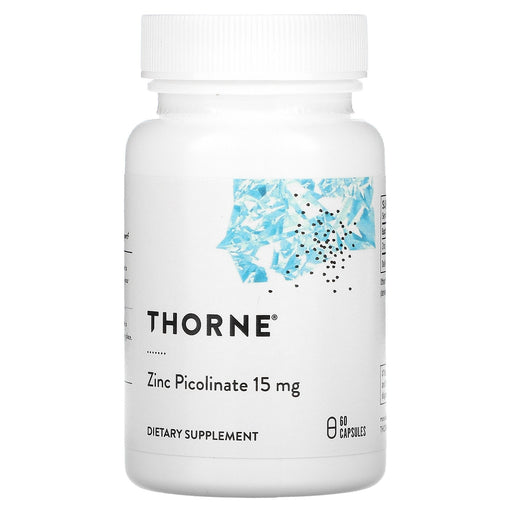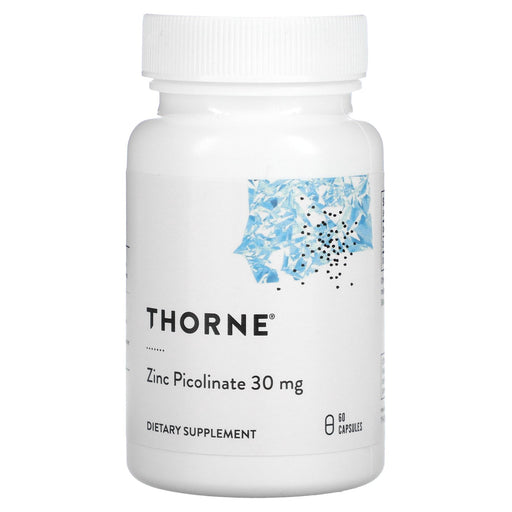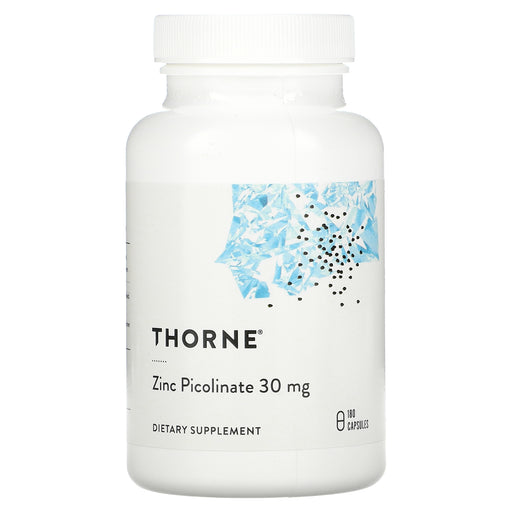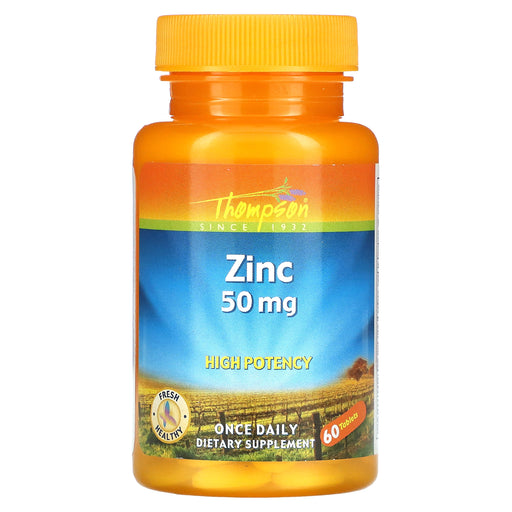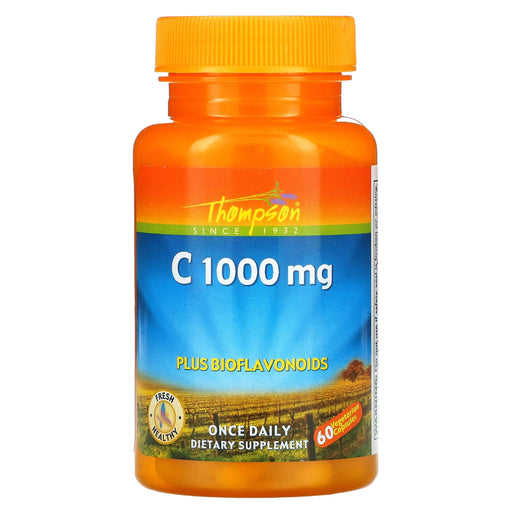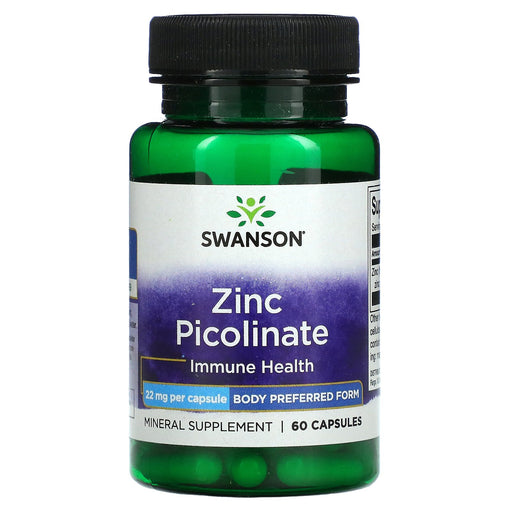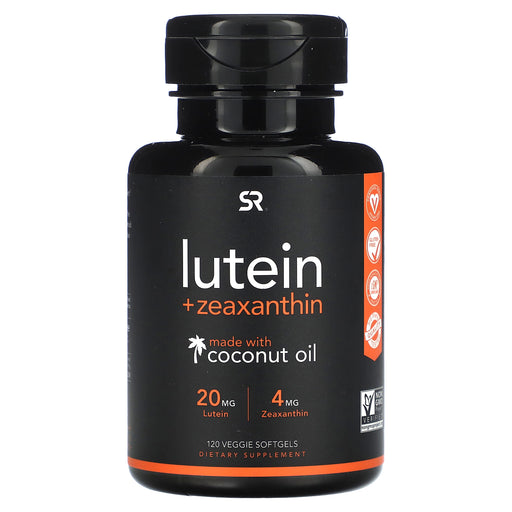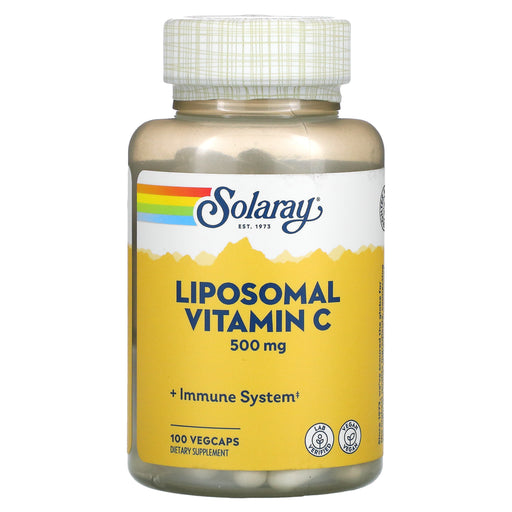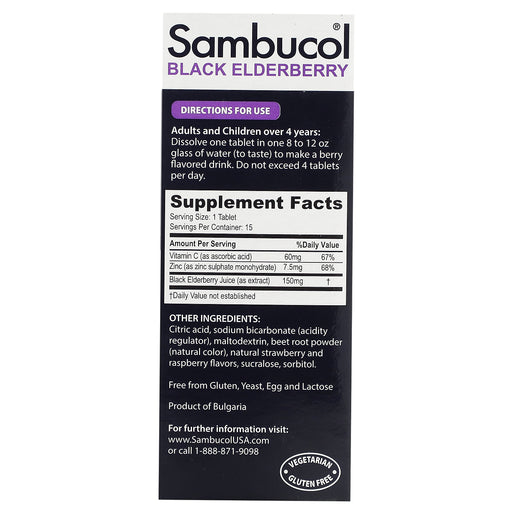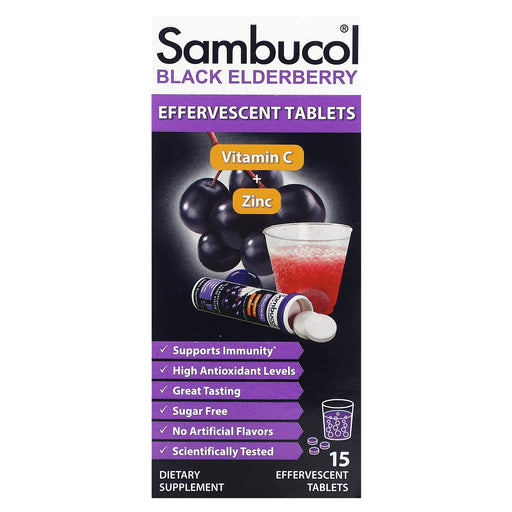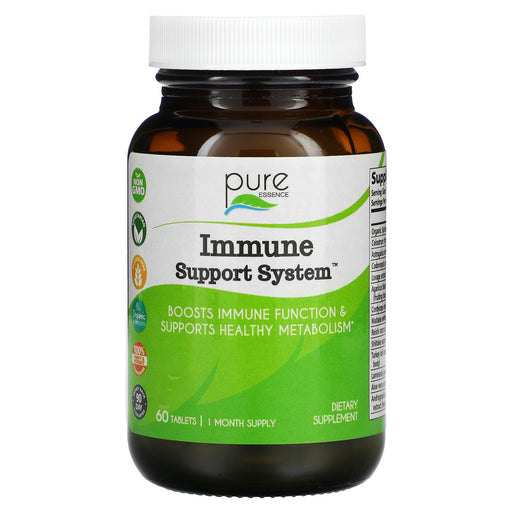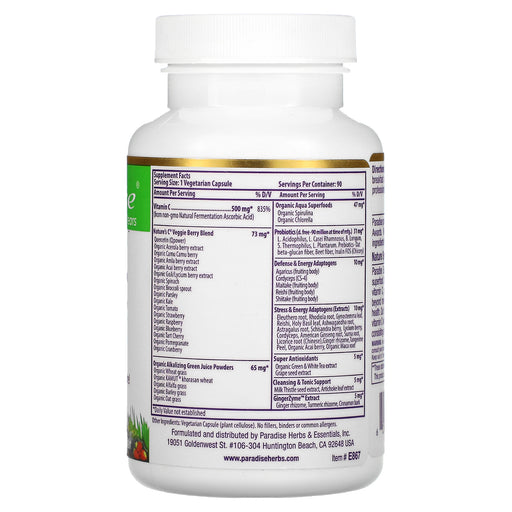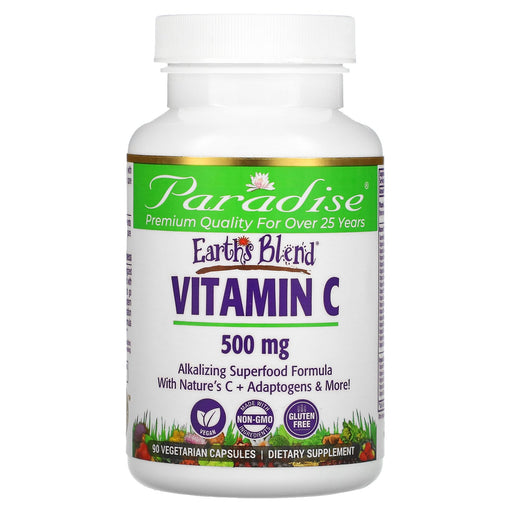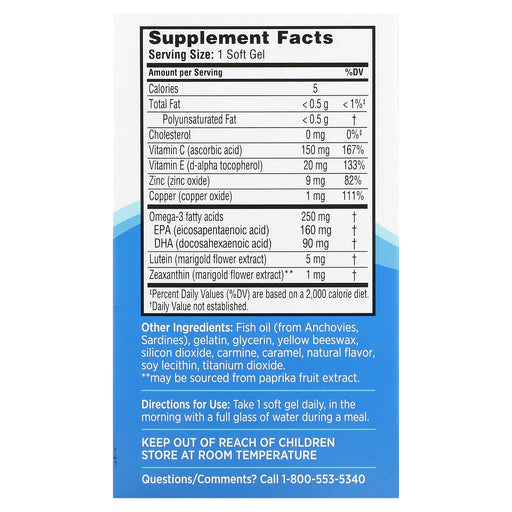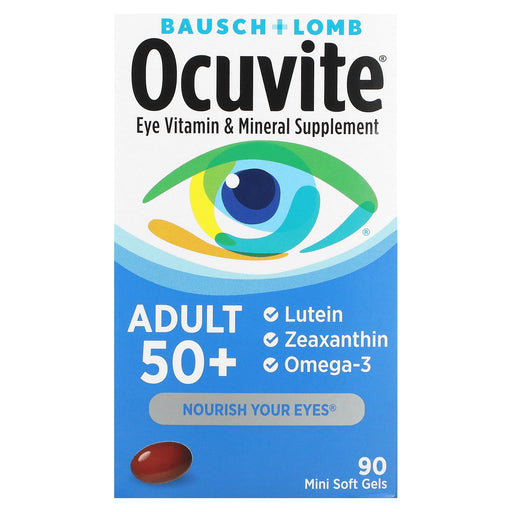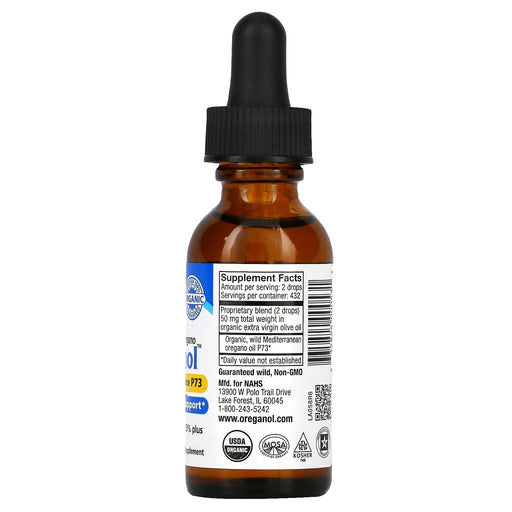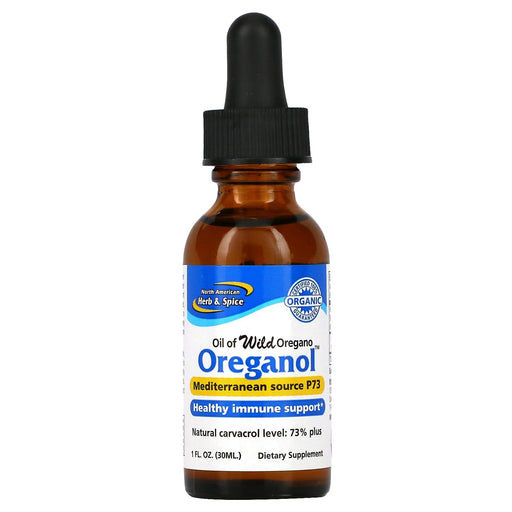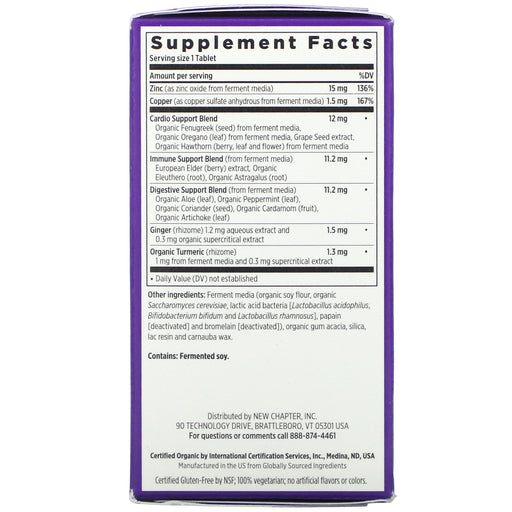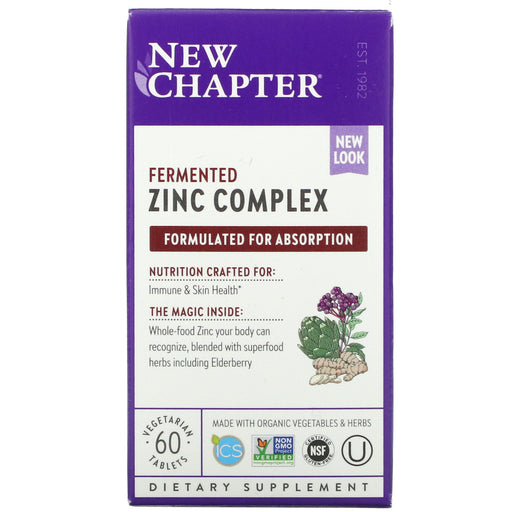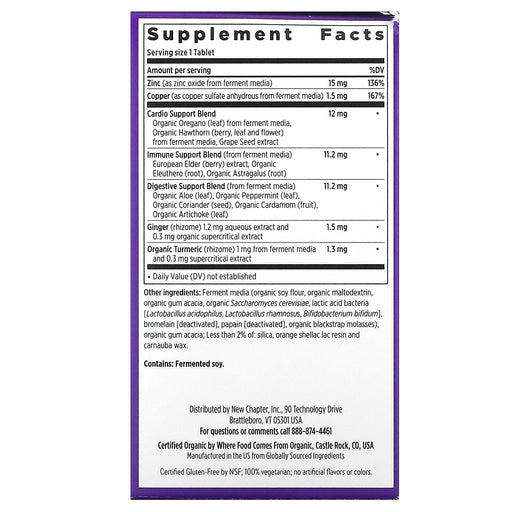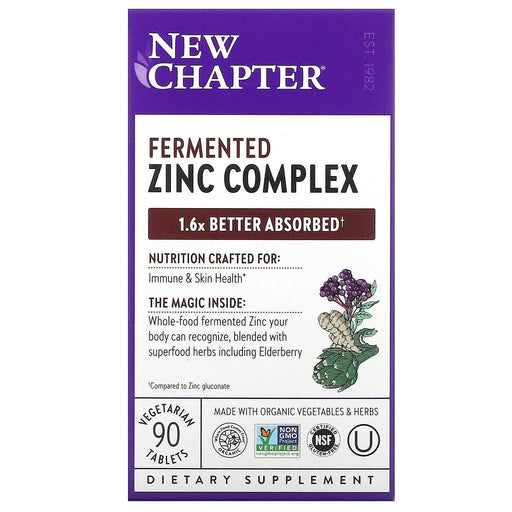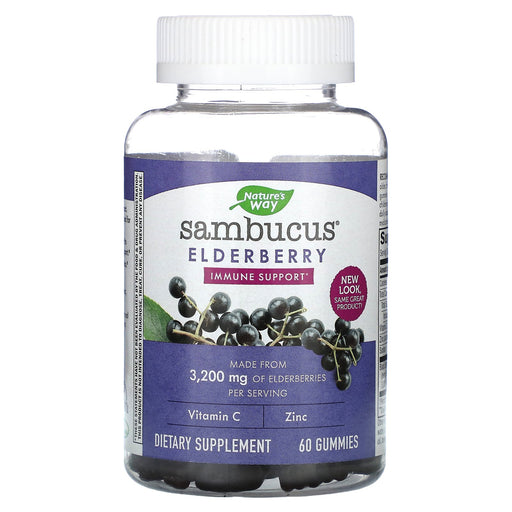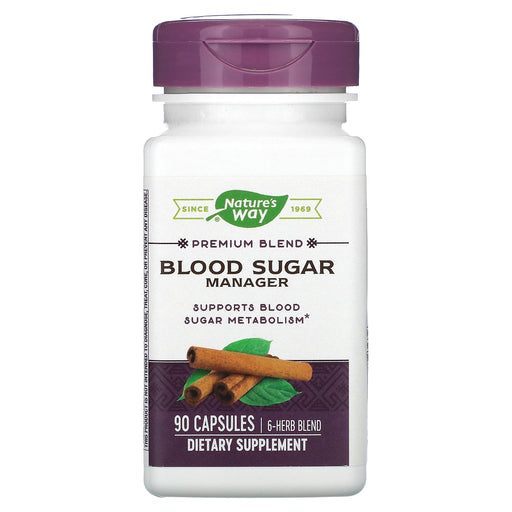
Supporting Your Health Journey: A Comprehensive Guide to Common Health Concerns
At Health Orchard, we understand that navigating the world of health and wellness can be overwhelming. With so many health concerns and conditions to consider, it's essential to have access to reliable information and high-quality supplements to support your well-being. In this comprehensive guide, we'll explore some of the most common health topics and provide insights on how targeted nutrition can help you feel your best.
Heart Health: Nurturing Your Cardiovascular System
Maintaining a healthy heart is crucial for overall well-being and longevity. To support your cardiovascular system, consider incorporating heart-healthy supplements like omega-3 fatty acids, CoQ10, and garlic extract into your routine. These nutrients can help promote healthy cholesterol levels, support healthy blood pressure, and protect against oxidative stress.
In addition to supplementation, adopting heart-healthy habits like regular exercise, stress management, and a balanced diet rich in fruits, vegetables, whole grains, and lean proteins can go a long way in nurturing your cardiovascular health.
Digestive Health: Optimizing Gut Function and Comfort
A healthy digestive system is essential for nutrient absorption, immune function, and overall well-being. To support optimal gut health, consider incorporating digestive enzymes, probiotics, and fiber supplements into your routine. These nutrients can help break down food more efficiently, promote the growth of beneficial gut bacteria, and support regular bowel movements.
Pairing digestive health supplements with a balanced diet, adequate hydration, and stress-reducing practices like mindfulness and yoga can help keep your digestive system functioning at its best.
Immune Health: Bolstering Your Body's Natural Defenses
A robust immune system is key to protecting your body against illness and disease. To support your immune health, consider incorporating supplements like vitamin C, zinc, and elderberry into your routine. These nutrients can help stimulate immune cell production, enhance immune function, and provide antioxidant protection.
Alongside immune-supporting supplements, getting enough sleep, managing stress, and consuming a nutrient-dense diet rich in fruits, vegetables, and lean proteins can help keep your immune system strong and resilient.
Joint Health: Promoting Flexibility and Comfort
Healthy joints are essential for maintaining mobility, flexibility, and overall quality of life. To support joint health, consider incorporating supplements like glucosamine, chondroitin, and MSM into your routine. These nutrients can help promote cartilage health, reduce inflammation, and provide the building blocks for healthy connective tissue.
Combining joint health supplements with low-impact exercise, stretching, and a balanced diet rich in anti-inflammatory foods like fatty fish, leafy greens, and berries can help keep your joints functioning optimally.
Brain Health: Enhancing Cognitive Function and Memory
Maintaining a sharp, focused mind is essential for overall well-being and quality of life. To support brain health, consider incorporating supplements like omega-3 fatty acids, phosphatidylserine, and ginkgo biloba into your routine. These nutrients can help promote healthy cognitive function, enhance memory, and protect against age-related cognitive decline.
Pairing brain health supplements with mentally stimulating activities, regular exercise, and a balanced diet rich in antioxidants and healthy fats can help keep your mind sharp and resilient.
Bone Health: Building and Maintaining Strong Bones
Strong, healthy bones are essential for overall mobility, posture, and quality of life. To support bone health, consider incorporating supplements like calcium, vitamin D, and magnesium into your routine. These nutrients work synergistically to promote bone mineralization, reduce bone loss, and support overall bone strength.
Combining bone health supplements with weight-bearing exercise, adequate protein intake, and a balanced diet rich in leafy greens and fortified dairy products can help build and maintain strong bones throughout your life.
Sleep Health: Promoting Restful, Restorative Sleep
Quality sleep is essential for physical and mental well-being, but many people struggle with getting enough restful sleep each night. To support sleep health, consider incorporating supplements like melatonin, valerian root, and magnesium into your routine. These nutrients can help regulate sleep-wake cycles, promote relaxation, and improve overall sleep quality.
In addition to sleep-supporting supplements, adopting healthy sleep habits like maintaining a consistent sleep schedule, creating a relaxing bedtime routine, and optimizing your sleep environment can help you get the restful, restorative sleep your body needs.
Your Partner in Health: Quality Supplements for Every Health Concern
At Health Orchard, we're committed to providing high-quality, science-backed supplements to support your health journey. Our carefully curated selection of products includes top brands and targeted formulas designed to address a wide range of health concerns.
Whether you're looking to support your heart health, optimize digestive function, bolster your immune system, or promote restful sleep, our knowledgeable staff is here to help you find the perfect supplements to meet your unique needs.
Embrace a proactive approach to your well-being with Health Orchard, and experience the difference that quality nutrition can make in your life. Shop our collection of health supplements today and take the first step towards a healthier, happier you.
Frequently Asked Questions about Health Topics
1. What are the best health topics?
Some of the best health topics to focus on include nutrition, exercise, mental health, sleep, stress management, disease prevention, and healthy aging. These topics are essential for maintaining overall health and well-being, and they apply to a wide range of individuals. Other important health topics include reproductive health, child health, substance abuse prevention, and chronic disease management. By prioritizing these health topics and incorporating healthy habits into daily life, individuals can improve their quality of life and reduce the risk of developing various health problems.
2. What health topics are people most interested in?
People are often most interested in health topics that are relevant to their personal lives and concerns. Some of the most popular health topics include weight loss, nutrition, fitness, mental health, stress management, and disease prevention. Many people also seek information on specific health conditions, such as heart disease, diabetes, cancer, and Alzheimer's disease. Additionally, there is growing interest in alternative and complementary medicine, such as herbal remedies and acupuncture. Other popular health topics include sleep, sexual health, pregnancy, and parenting. Interest in health topics can vary depending on factors such as age, gender, and cultural background.
3. What are the 3 biggest health problems?
The three biggest health problems facing individuals and communities today are:
- Cardiovascular disease: This includes conditions such as heart disease, stroke, and high blood pressure, which are leading causes of death worldwide.
- Cancer: Various types of cancer, including lung, breast, colorectal, and prostate cancer, are major causes of illness and death globally.
- Diabetes: Both type 1 and type 2 diabetes are increasing in prevalence and can lead to serious complications such as heart disease, kidney damage, and nerve damage.
Other significant health problems include obesity, mental health disorders, respiratory diseases, and infectious diseases such as HIV/AIDS and COVID-19. Addressing these health problems requires a combination of preventive measures, early detection, and effective treatment strategies.
4. What is a healthy advice for vitamins?
When it comes to vitamins, it's important to remember that a balanced, nutritious diet is the best way to obtain essential nutrients. However, some individuals may benefit from taking vitamin supplements, especially if they have specific nutritional deficiencies or health conditions. A healthy approach to vitamins includes:
- Consult with a healthcare provider to determine if you need vitamin supplements based on your individual needs and health status.
- Choose high-quality supplements from reputable brands, and look for third-party certifications to ensure purity and potency.
- Follow the recommended dosages on the product labels, and avoid exceeding the upper intake limits set by health authorities.
- Be aware of potential interactions between vitamins and medications or other supplements, and inform your healthcare provider about all the products you are taking.
- Remember that vitamin supplements should not replace a healthy diet and lifestyle, but rather serve as a complement to good nutrition and regular physical activity.
5. What is the basic information about vitamins?
Vitamins are essential micronutrients that the body needs in small amounts to function properly. There are 13 essential vitamins: vitamin A, vitamin C, vitamin D, vitamin E, vitamin K, and the B vitamins. Each vitamin has specific roles in the body, such as supporting immune function, maintaining healthy skin and bones, and aiding in energy production. Vitamins can be classified as either water-soluble (B vitamins and vitamin C) or fat-soluble (vitamin A, vitamin D, vitamin E, and vitamin K). Water-soluble vitamins are not stored in the body and need to be consumed regularly, while fat-soluble vitamins can be stored in the body's fatty tissues. Vitamins can be obtained through a balanced diet that includes a variety of fruits, vegetables, whole grains, lean proteins, and healthy fats. Some individuals may require vitamin supplements due to dietary restrictions, absorption issues, or specific health conditions.
6. How to deal with health problems?
Dealing with health problems can be challenging, but there are several steps you can take to manage your health effectively:
- Seek professional medical advice: Consult with a healthcare provider to receive an accurate diagnosis, treatment plan, and guidance on managing your health condition.
- Educate yourself: Learn about your health problem, including its causes, symptoms, and available treatment options. This can help you make informed decisions about your care and actively participate in your treatment.
- Follow your treatment plan: Adhere to the recommended medications, therapies, and lifestyle changes prescribed by your healthcare provider to manage your health problem effectively.
- Adopt a healthy lifestyle: Engage in regular physical activity, maintain a balanced diet, get sufficient sleep, and manage stress to support your overall health and well-being.
- Seek support: Reach out to family, friends, or support groups for emotional support and practical assistance in managing your health problem.
- Monitor your progress: Keep track of your symptoms, treatment side effects, and overall health status. Regularly communicate with your healthcare provider to assess your progress and make any necessary adjustments to your treatment plan.
Remember, managing health problems is an ongoing process that requires patience, persistence, and collaboration with your healthcare team.


















